Information wants to be free, but digital property won’t be
In 1997, an astute prediction would have been that, in five or ten years, every barber, florist, and creative designer would have their own website. “This HTTP thing could have legs to it!”
Today, there’s a betting chance the same can be said of crypto wallets and tokens.
When the web started, journalists lamented the truism that “information wants to be free.” What Web 3.0 represents is an Internet where private digital property is finally realized. Safe and secure property rights are the basis of any thriving marketplace, and if you want to plug into a global value transfer protocol, you’ll need a token and wallet, just as you would have needed a website to plug into the global information transfer protocol that’s defined the Internet thus far.
What does this mean in the near term?
NFT to XYZ
Near the end of 2021, the Atlanta Journal-Constitution created NFTs to celebrate the World Series victory of the Atlanta Braves.
In addition to selling the digital rights to these collectible works of art, owners of the NFTs are joining a community. “Owning an AJC NFT is a great way to own a part of Atlanta culture. The AJC NFT team will deliver online and offline experiences for members of the AJC NFT community. Additionally, a portion of every AJC NFT offering will be given to a community organization to help the Atlanta region grow and thrive.”
The experiences Atlanta Journal-Constitution could offer in the coming years are boundless, and each one could both serve this community and act as marketing to bring more people inside it. Maybe they’ll organize a business cruise, a “shop local” day with discounts, or they’ll take over Truist Park one lazy Sunday. In any of these scenarios, the NFT holders don’t just have a piece of art/history, but a piece of a growing economic system, and the AJC is essentially a small central bank issuing currency.
Crypto isn’t going away and next year we can expect more media organizations to join the Atlanta Journal-Constitution in making a first foray into NFTs. The differentiators will be what events they are able to capitalize on (a World Series win is a good one) and what experiences or alternative value they’ll be able to offer in tandem with the “art.” Owning an NFT isn’t just about having a digital playing card to look at. It’s a golden ticket into the economic system and experiences the Atlanta Journal-Constitution can create. A thriving marketplace will attract more participants and give them the chance to mint more NFTs.
NFTs are the low-hanging fruit, especially for news organizations right now as the marketplace of Web 3.0 gets set up. But I don’t expect it to be the end-all of blockchain technology.
You down with DAO? Yeah, you know me!
Elsewhere on the internet in late 2021, a DAO (Decentralized Autonomous Organization) raised over $40 million to bid for ownership of a physical copy of the U.S. Constitution up for auction. Token holders of the “Constitution DAO” wouldn’t have had fractionalized ownership of the Constitution, but instead voting rights on where it would have been housed, among other voting parameters. We’ve seen how social media storms can be used for good (Arab Spring) and bad (trolls), and in 2022, I think we’ll see this phenomenon become financialized. Now anyone can build their own GoFundMe. Here’s a Twitter thread that expands on this possible utopian/dystopian vision. You thought Twitter storms had consequences? Now we can have cash-storms with smart contracts that execute actions if successful.
This could mean the next local media org on its deathbed could be saved by a community in the form of a decentralized autonomous organization. Perhaps the DAO will include fractionalized ownership of the organization, or it could include voting rights on elements laid out in the code of the DAO. We’ve seen community media orgs die in 2021. Perhaps next year a DAO could be a savior? This kind of collective action raises more questions than it might answer, but so did Reddit when it first launched.
Facebook loses the metaverse
Despite claiming to be “Meta” incarnate, the PR-inspired name change of Facebook won’t guarantee its success in the metaverse.
For starters, there won’t be just one metaverse but many metaverses, and Meta (I’ll just call it Facebook from here on out) is already late to the party. Or maybe I should say they’re late to the “game,” with Roblox, Minecraft, and Fortnite already defining the experience of virtual worlds for the next generation. These aren’t just games either. Fortnite hosted a concert attended by 12.3 million concurrent players. Add in payment platforms and these virtual worlds are ripe to take advantage of a networked digital property layer in a way Facebook just isn’t.
Surely Facebook, the great platform maker, will find a way to undercut these gaming companies, right? After all, creating platforms is how Facebook got its start! Alas, Facebook is behind the 8-ball here too. To build virtual worlds, people rely on virtual world engines like Unreal Engine, owned by Epic Games, the creator of Fortnite. Facebook itself is relying on the Unity engine. When it comes to hardware, Sony (Playstation), Microsoft (Xbox, Minecraft), and others already have a larger market share along with years of infrastructure and hardware production experience over Facebook.
That buzzword “decentralized”
As an industry, we’ve spent the last 10 years online roiling in closed platforms, often feeling like the rug was being pulled from under us. The audience was aggregated and Facebook (or pick your walled garden) placed itself at the center of commerce via an algorithm. Businesses had to advertise to communicate with customers.
But in the coming years, a clothing company won’t advertise on Facebook in order to get their product out to users. Instead, they’ll mint 3D versions of their new outfit and place it in all the metaverses for users to interact with. They’ll work with content creators to market and maybe even sell unique digital copies of it, with smart contracts defining future royalty payments for resales.
A garden can have a wall around it, but the coming metaverse will be a vast jungle, too big for any one company to control. Moreover, with strong digital property rights, if you create, participate, or interact, then you’ll be at the center of the transaction, not Facebook’s algorithm. This could allow for a new generation of a “thousand flowers blooming” that we haven’t seen since the dawn of the social web. And this time, if it is successfully decentralized, then smaller local players like the AJC might finally have a leg up on behemoths like Facebook.
David Cohn is a co-founder of Subtext.

In 1997, an astute prediction would have been that, in five or ten years, every barber, florist, and creative designer would have their own website. “This HTTP thing could have legs to it!”
Today, there’s a betting chance the same can be said of crypto wallets and tokens.
When the web started, journalists lamented the truism that “information wants to be free.” What Web 3.0 represents is an Internet where private digital property is finally realized. Safe and secure property rights are the basis of any thriving marketplace, and if you want to plug into a global value transfer protocol, you’ll need a token and wallet, just as you would have needed a website to plug into the global information transfer protocol that’s defined the Internet thus far.
What does this mean in the near term?
NFT to XYZ
Near the end of 2021, the Atlanta Journal-Constitution created NFTs to celebrate the World Series victory of the Atlanta Braves.
In addition to selling the digital rights to these collectible works of art, owners of the NFTs are joining a community. “Owning an AJC NFT is a great way to own a part of Atlanta culture. The AJC NFT team will deliver online and offline experiences for members of the AJC NFT community. Additionally, a portion of every AJC NFT offering will be given to a community organization to help the Atlanta region grow and thrive.”
The experiences Atlanta Journal-Constitution could offer in the coming years are boundless, and each one could both serve this community and act as marketing to bring more people inside it. Maybe they’ll organize a business cruise, a “shop local” day with discounts, or they’ll take over Truist Park one lazy Sunday. In any of these scenarios, the NFT holders don’t just have a piece of art/history, but a piece of a growing economic system, and the AJC is essentially a small central bank issuing currency.
Crypto isn’t going away and next year we can expect more media organizations to join the Atlanta Journal-Constitution in making a first foray into NFTs. The differentiators will be what events they are able to capitalize on (a World Series win is a good one) and what experiences or alternative value they’ll be able to offer in tandem with the “art.” Owning an NFT isn’t just about having a digital playing card to look at. It’s a golden ticket into the economic system and experiences the Atlanta Journal-Constitution can create. A thriving marketplace will attract more participants and give them the chance to mint more NFTs.
NFTs are the low-hanging fruit, especially for news organizations right now as the marketplace of Web 3.0 gets set up. But I don’t expect it to be the end-all of blockchain technology.
You down with DAO? Yeah, you know me!
Elsewhere on the internet in late 2021, a DAO (Decentralized Autonomous Organization) raised over $40 million to bid for ownership of a physical copy of the U.S. Constitution up for auction. Token holders of the “Constitution DAO” wouldn’t have had fractionalized ownership of the Constitution, but instead voting rights on where it would have been housed, among other voting parameters. We’ve seen how social media storms can be used for good (Arab Spring) and bad (trolls), and in 2022, I think we’ll see this phenomenon become financialized. Now anyone can build their own GoFundMe. Here’s a Twitter thread that expands on this possible utopian/dystopian vision. You thought Twitter storms had consequences? Now we can have cash-storms with smart contracts that execute actions if successful.
This could mean the next local media org on its deathbed could be saved by a community in the form of a decentralized autonomous organization. Perhaps the DAO will include fractionalized ownership of the organization, or it could include voting rights on elements laid out in the code of the DAO. We’ve seen community media orgs die in 2021. Perhaps next year a DAO could be a savior? This kind of collective action raises more questions than it might answer, but so did Reddit when it first launched.
Facebook loses the metaverse
Despite claiming to be “Meta” incarnate, the PR-inspired name change of Facebook won’t guarantee its success in the metaverse.
For starters, there won’t be just one metaverse but many metaverses, and Meta (I’ll just call it Facebook from here on out) is already late to the party. Or maybe I should say they’re late to the “game,” with Roblox, Minecraft, and Fortnite already defining the experience of virtual worlds for the next generation. These aren’t just games either. Fortnite hosted a concert attended by 12.3 million concurrent players. Add in payment platforms and these virtual worlds are ripe to take advantage of a networked digital property layer in a way Facebook just isn’t.
Surely Facebook, the great platform maker, will find a way to undercut these gaming companies, right? After all, creating platforms is how Facebook got its start! Alas, Facebook is behind the 8-ball here too. To build virtual worlds, people rely on virtual world engines like Unreal Engine, owned by Epic Games, the creator of Fortnite. Facebook itself is relying on the Unity engine. When it comes to hardware, Sony (Playstation), Microsoft (Xbox, Minecraft), and others already have a larger market share along with years of infrastructure and hardware production experience over Facebook.
That buzzword “decentralized”
As an industry, we’ve spent the last 10 years online roiling in closed platforms, often feeling like the rug was being pulled from under us. The audience was aggregated and Facebook (or pick your walled garden) placed itself at the center of commerce via an algorithm. Businesses had to advertise to communicate with customers.
But in the coming years, a clothing company won’t advertise on Facebook in order to get their product out to users. Instead, they’ll mint 3D versions of their new outfit and place it in all the metaverses for users to interact with. They’ll work with content creators to market and maybe even sell unique digital copies of it, with smart contracts defining future royalty payments for resales.
A garden can have a wall around it, but the coming metaverse will be a vast jungle, too big for any one company to control. Moreover, with strong digital property rights, if you create, participate, or interact, then you’ll be at the center of the transaction, not Facebook’s algorithm. This could allow for a new generation of a “thousand flowers blooming” that we haven’t seen since the dawn of the social web. And this time, if it is successfully decentralized, then smaller local players like the AJC might finally have a leg up on behemoths like Facebook.
David Cohn is a co-founder of Subtext.
Mike Rispoli
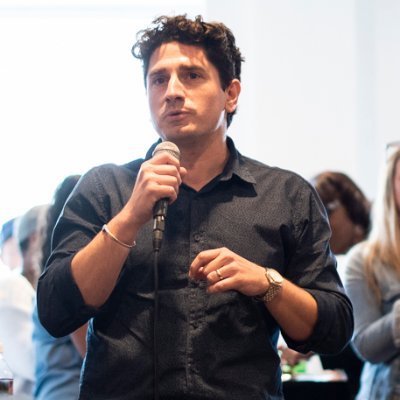
Chicas Poderosas

Joshua P. Darr

Burt Herman
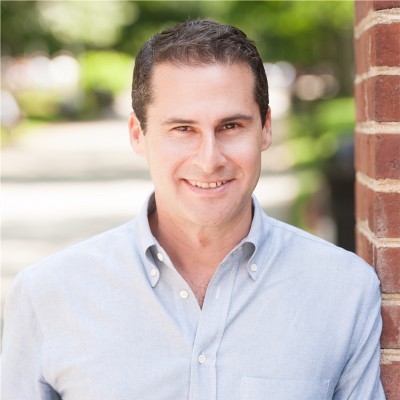
Shannon McGregor Carolyn Schmitt

Sarah Marshall

Raney Aronson-Rath

Matt DeRienzo

Tony Baranowski

Millie Tran

Juleyka Lantigua

Andrew Freedman

Gabe Schneider

Moreno Cruz Osório

Natalia Viana

Melody Kramer

Joanne McNeil

Catalina Albeanu

Cristina Tardáguila
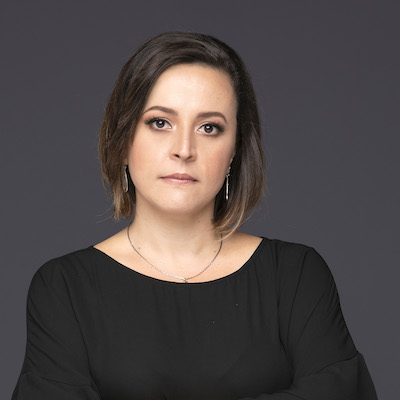
Izabella Kaminska

Chase Davis

Christoph Mergerson

Julia Munslow

Matthew Pressman

Rasmus Kleis Nielsen

Anthony Nadler

Zizi Papacharissi
Don Day

Doris Truong

Sam Guzik

Cindy Royal

Gordon Crovitz

Stefanie Murray

Jesse Holcomb

A.J. Bauer

Jessica Clark

Kendra Pierre-Louis

Brian Moritz

Simon Galperin

Simon Allison

Stephen Fowler

Kristen Muller

Jesenia De Moya Correa

Janelle Salanga

John Davidow

Mary Walter-Brown

Parker Molloy

Richard Tofel

James Green

Christina Shih

Anika Anand

Sarah Stonbely

Whitney Phillips

Anita Varma

Jody Brannon

Megan McCarthy

Alice Antheaume

Mario García

Amy Schmitz Weiss

Joy Mayer

j. Siguru Wahutu
Candace Amos

Kathleen Searles Rebekah Trumble

Amara Aguilar

Victor Pickard

Julia Angwin

Eric Nuzum

David Cohn

Mandy Jenkins

Daniel Eilemberg

Kristen Jeffers
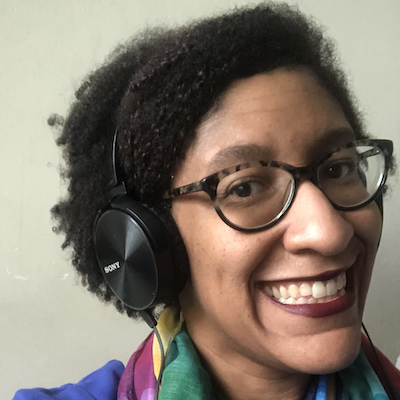
Wilson Liévano
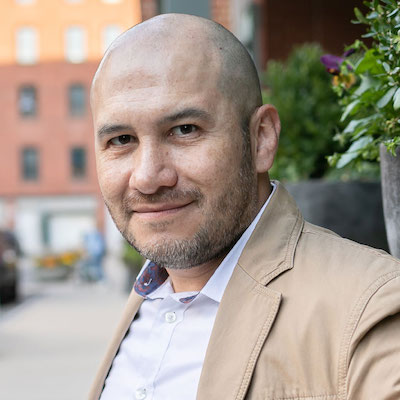
Matt Karolian
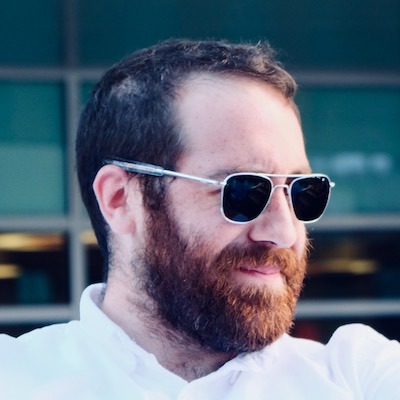
S. Mitra Kalita

Tom Trewinnard

Cherian George
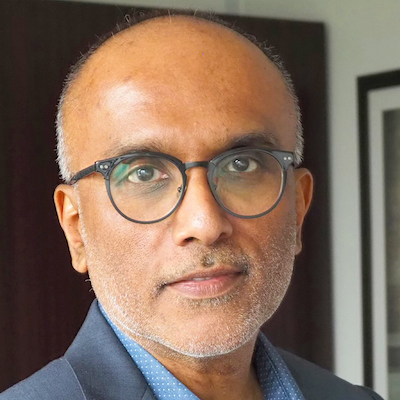
Errin Haines

Joni Deutsch

Meena Thiruvengadam

David Skok

Paul Cheung

Ståle Grut

Nikki Usher

Gonzalo del Peon

Robert Hernandez
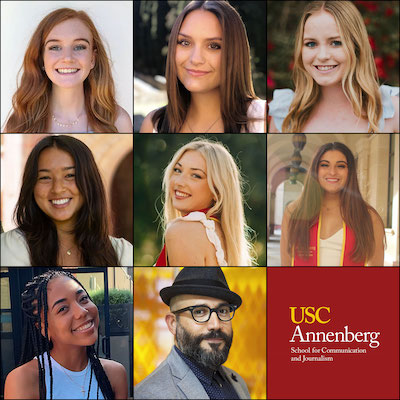
Tamar Charney

Kerri Hoffman
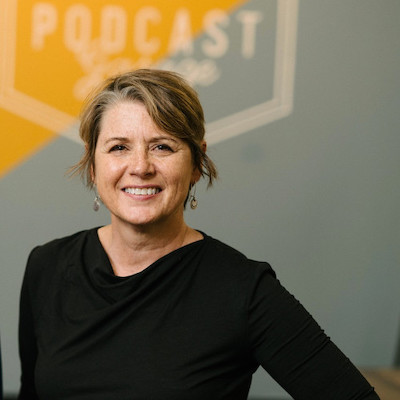
Larry Ryckman

Jennifer Coogan

Joe Amditis

Shalabh Upadhyay

Ariel Zirulnick

Jonas Kaiser

Francesco Zaffarano

Rachel Glickhouse

Michael W. Wagner

AX Mina

Laxmi Parthasarathy

Jim Friedlich

Jennifer Brandel
